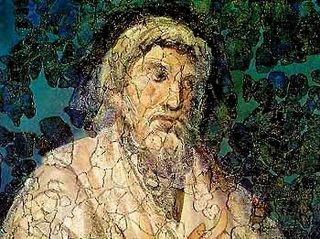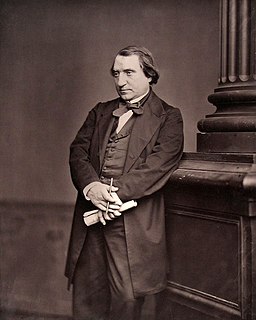A Quote by Joseph Addison
It is a melancholy consideration that there should be several among us so hardened and deluded as to think an oath a proper subject for a jest; and to make this, which is one of the most solemn acts of religion, an occasion of mirth. Yet such is the depravation of our manners at present, that nothing is more frequent than to hear profligate men ridiculing, to the best of their abilities, these sacred pledges of their duty and allegiance; and endeavouring to be witty upon themselves, for daring to prevaricate with God and man.
Related Quotes
No man can well doubt the propriety of placing a president of the United States under the most solemn obligations to preserve, protect, and defend the constitution. It is a suitable pledge of his fidelity and responsibility to his country; and creates upon his conscience a deep sense of duty, by an appeal, at once in the presence of God and man, to the most sacred and solemn sanctions which can operate upon the human mind.
You have just taken an oath of allegiance to the United States. Of allegiance to whom? Of allegiance to no one, unless it be God. Certainly not of allegiance to those who temporarily represent this great government. You have taken an oath of allegiance to a great ideal, to a great body of principles, to a great hope of the human race.
Nothing has a greater tendency to lessen the reverence which mankind ought to have for the Supreme Being, than a careless repetition of his name upon every trifling occasion . . . . To prevent this profanation, such passages are selected from scripture, as contain some important precepts of morality and religion, in which that sacred name is seldom mentioned. Let sacred things be appropriated to sacred purposes.
For when God forbids us to kill, he not only prohibits us from open violence, which is not even allowed by the public laws, but he warns us against the commission of those beings which are esteemed lawful among men....Therefore, with regard to this precept of God, there ought to be no exception at all, but that it is always unlawful to put to death a man, whom God willed to be a sacred animal.
It is alleged by men of loose principles, or defective views of the subject, that religion and morality are not necessary or important qualifications for political stations. But the Scriptures teach a different doctrine. They direct that rulers should be men who rule in the fear of God, able men, such as fear God, men of truth, hating covetousness. But if we had no divine instruction on the subject, our own interest would demand of us a strict observance of the principle of these injunctions. . . .
Can anything be more disgusting than to hear people called 'educated' making small jokes about eating ham, and showing themselves empty of any real knowledge as to the relation of their own social and religious life to the history of the people they think themselves witty in insulting? [...] The best thing that can be said of it is, that it is a sign of the intellectual narrowness—in plain English, the stupidity which is still the average mark of our culture.
Of the various executive abilities, no one excited more anxious concern than that of placing the interests of our fellow-citizens in the hands of honest men, with understanding sufficient for their stations. No duty is at the same time more difficult to fulfil. The knowledge of character possessed by a single individual is of necessity limited. To seek out the best through the whole Union, we must resort to the information which from the best of men, acting disinterestedly and with the purest motives, is sometimes incorrect.





































